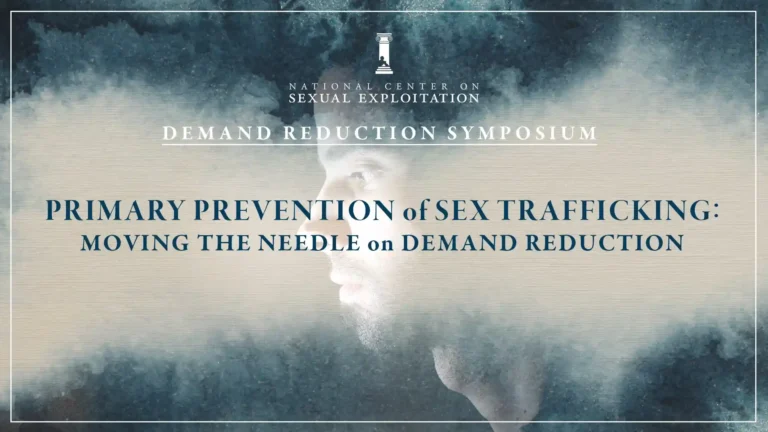Human trafficking remains a major threat to public safety, health, and human rights throughout the United States, but the absence of solid data about its true scope and character impairs efforts to effectively respond. It’s been 20 years since the Trafficking Victims Protection Act established human trafficking as a distinct form of crime, but there are still no solid sources of data. Consequently, no consensus has formed around fundamental issues such as its national scope (in regards to both prevalence and incidence), trends, regional variations, and more. Senator Josh Hawley’s bill, the “Human Trafficking Research Act of 2020,” would fund research on human trafficking victims in order to help shed light on the issue.
Among the challenges faced by agencies and organizations seeking to understand and then prevent these crimes are the inherently covert and deceptive nature of criminal enterprises as well as the work of criminals to control and silence victims. However, such challenges are not unique to human trafficking and solutions have been developed for overcoming similar obstacles when investigating and understanding other forms of “hidden crime.”
The Importance of Good Data for Winning the Fight Against Human Trafficking
The U.S. State Department’s Trafficking in Persons Report of 2019 identifies “the lack of standardization” and “poor data management practices and systems” as among the many problems with existing data. These problems are exacerbated by a lack of consensus about what, exactly, constitutes human trafficking. Senator Hawley’s bill would provide funding to fill such voids in the data.
As Patrick A. Trueman, president and CEO of the National Center on Sexual Exploitation, has said, “Fifteen years ago, we knew too little about human trafficking to conduct a successful human trafficking prevalence study, which Congress first mandated in 2005. The time to conduct these studies is now, and Senator Hawley’s bill is an important step in shining a light on vulnerable members of our society who are often overlooked.”
Senator Hawley tweeted, “Human trafficking is a heinous evil that affects almost every community in America. But we have no data on how many victims there are and who are the criminals exploiting victims.” This gap in crime statistics amplifies the difficulty in identifying victims and bringing traffickers to justice.
This is particularly troubling when the data that does exist, such as this report put out by The Polaris Project, is indicating that many of the victims are the most vulnerable members of our society: young children. Law enforcement relies on crime statistics to educate themselves and the public on the prevalence of issues. Data is needed for understanding who the at-risk groups are and ways to help those already ensnared in trafficking.
The National Center on Sexual Exploitation encourages individuals to contact their elected officials in the U.S. Senate and advocate that they support the Human Trafficking Research Act of 2020.


